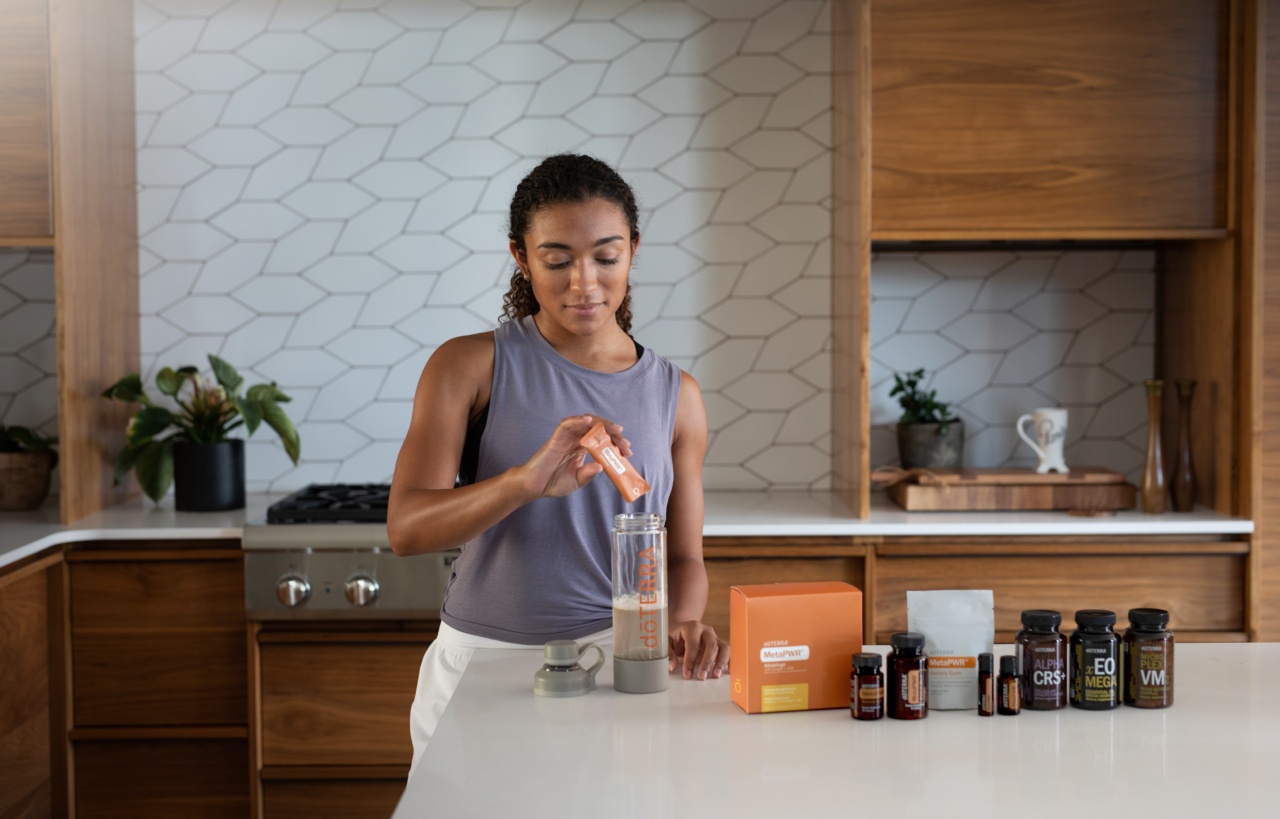Essential oils have gained massive popularity in recent years due to their various therapeutic properties and fragrant aromas.
Men have also taken a keen interest in incorporating essential oils into their daily routine, whether as personal care products or for holistic wellbeing. However, it is essential for men to reconsider their use of essential oils and educate themselves about potential risks and precautions associated with their usage.
While these natural extracts offer numerous benefits, they can also pose certain risks if used improperly or without proper guidance.
Understanding Essential Oils
Essential oils are concentrated plant extracts that capture the natural fragrance and healing properties of plants.
These oils are usually obtained through distillation or mechanical methods and are used in various forms, including aromatherapy, skincare, and even cooking. Each essential oil carries a unique combination of chemical compounds that contribute to its specific aroma and potential health benefits.
The Appeal to Men
Traditionally, essential oils were predominantly used by women, but their appeal has broadened to include men as well.
Men have recognized the potential benefits of essential oils in skincare, promoting relaxation, boosting energy levels, and even improving concentration. Additionally, the rise of wellness trends and self-care practices has encouraged men to explore different avenues for overall wellbeing, including the use of essential oils.
Potential Risks and Precautions
While essential oils are natural products, they are highly concentrated and powerful substances. It is crucial for men to consider potential risks associated with their use and take necessary precautions:.
1. Skin Sensitization
Men should be cautious when applying undiluted essential oils directly to their skin, as it may cause irritation, redness, or even allergic reactions.
It is recommended to dilute essential oils with suitable carrier oils, such as coconut oil or almond oil, before topical use.
2. Photosensitivity
Some essential oils can increase the skin’s sensitivity to sunlight, leading to sunburn or skin damage.
Men should avoid applying photosensitizing oils, such as citrus oils like bergamot or lime, before prolonged sun exposure without proper protection.
3. Inhalation Precautions
Inhaling essential oils directly from the bottle or diffusing them in a closed environment for extended periods can cause respiratory irritation.
Men should follow appropriate guidelines and use essential oils in well-ventilated areas to avoid any potential respiratory discomfort.
4. Allergic Reactions
Individuals may be allergic to certain essential oils, and men need to be aware of their personal sensitivities. It is recommended to perform a patch test before using a new essential oil to check for any adverse reactions.
5. Interactions with Medications
Men who are on certain medications should exercise caution while using essential oils, as some oils may interact with medications and cause unwanted side effects.
Seeking advice from a healthcare professional is essential to determine potential interactions.
6. Quality and Purity
Not all essential oils in the market are created equal. Men should be aware of the importance of choosing high-quality, pure essential oils. Poor quality or adulterated oils may not provide the desired benefits and may even contain harmful contaminants.
Incorporating Essential Oils Safely
Despite the potential risks, men can still safely enjoy the benefits of essential oils by following these precautionary measures:.
1. Dilution
Always dilute essential oils with suitable carrier oils before topical application. This helps reduce the risk of skin sensitization and allows for safe usage.
2. Patch Testing
Perform a patch test on a small area of skin before using a new essential oil to ensure there are no adverse reactions or allergies.
3. Education and Research
Take the time to educate oneself about the specific properties, uses, and precautions associated with each essential oil before incorporating them into a routine.
Reliable sources, such as books or reputable websites, should be utilized for accurate information.
4. Moderation
Using essential oils in moderation is crucial. Excessive or prolonged use may lead to sensitization or unintended side effects. Following recommended guidelines and dosage instructions is essential.
5. Quality Assurance
Prioritize purchasing essential oils from reputable brands that prioritize quality and purity. Look for oils that undergo third-party testing or those that are certified organic.
The Importance of Seeking Professional Advice
While it is possible to incorporate essential oils into daily routines safely, it is always wise to seek professional advice, especially in the following scenarios:.
1. Underlying Health Conditions
Men with underlying health conditions, such as asthma, allergies, or skin disorders, should consult with their healthcare provider or a qualified aromatherapist before using essential oils.
2. Medication Usage
Men who are taking medications, whether prescribed or over-the-counter, should discuss their essential oil usage with a healthcare professional to ensure there are no potential interactions or adverse effects.
Conclusion
Essential oils can be a valuable addition to a man’s daily routine, offering various benefits for physical and mental wellbeing.
However, men need to exercise caution, educate themselves, and follow best practices to ensure safe and effective usage. By reconsidering their use and taking necessary precautions, men can enjoy all the advantages essential oils have to offer while minimizing potential risks.


























